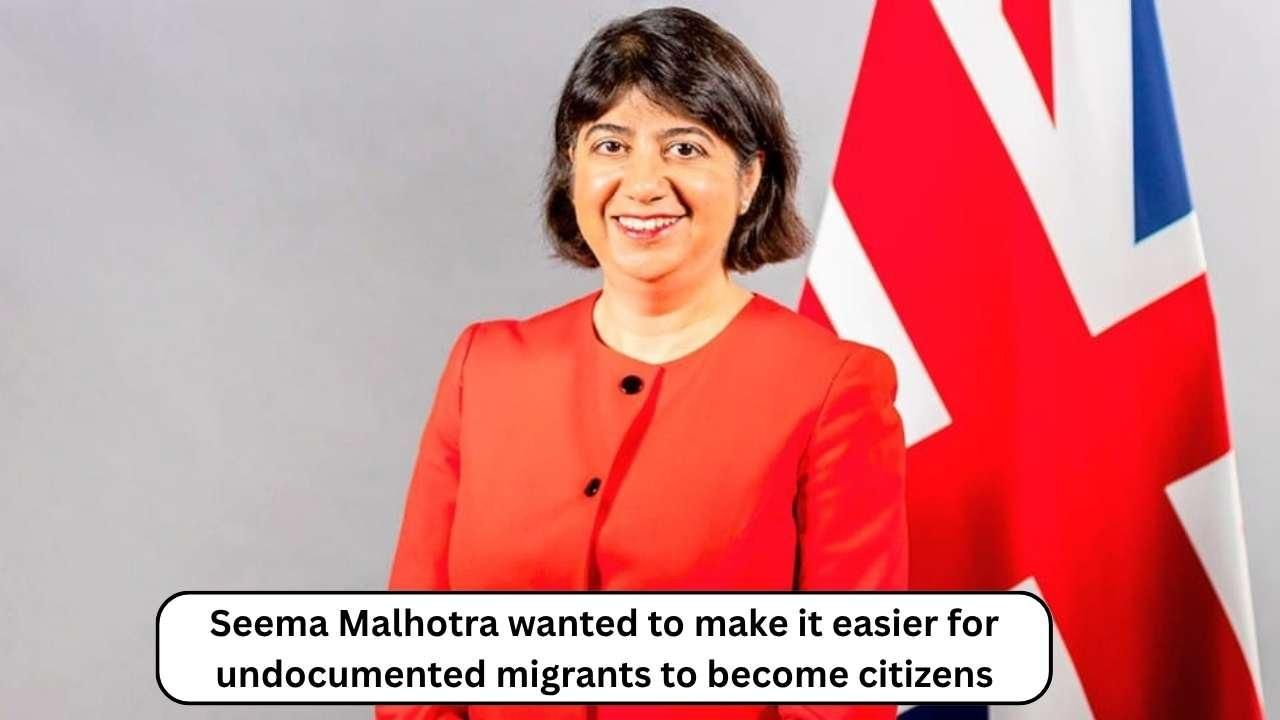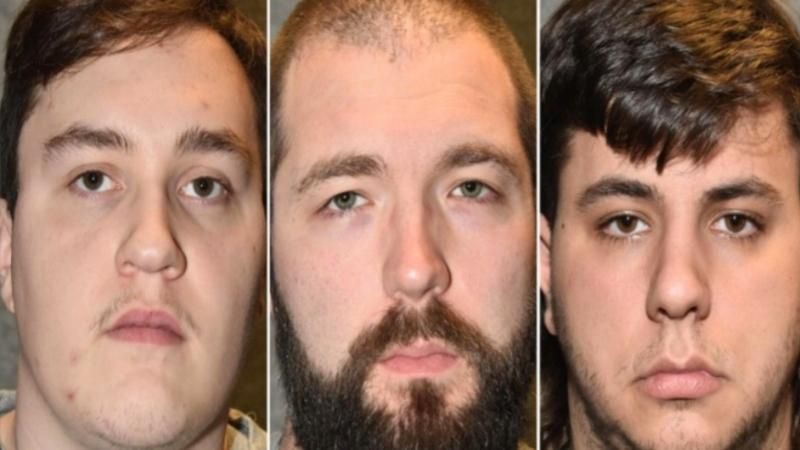Sir Keir Starmer's recent pivot towards a stricter immigration policy has fractured the Labour Party's united front, exposing a stark divide, particularly among its influential British Bangladeshi MPs.
While all four are ruling party MPs, chosen by the party, and belong to the second generation of the immigrant community, they have failed to find common ground on this matter. The Prime Minister's Downing Street announcement, advocating stringent new measures and mandatory English language proficiency for newcomers, was intended to resonate with a broader electorate, it has instead ignited a fiery backlash within his own ranks, Daily Dazzling Dawn understand.
London's Mayor Sadiq Khan's defiant declaration to "talk up the benefits of migration" signaled early dissent, but it's the vocal from MPs Tulip Siddiq and Apsana Begum that has laid bare the party's internal struggle. Notably, Rupa Huq and Rushnara Ali have still remained conspicuously silent.
Tulip Siddiq, representing Hampstead & Highgate and often seen as a Starmer ally, offered a carefully worded response, acknowledging her constituency's "proud history of welcoming refugees" without directly confronting the Prime Minister. This nuanced stance suggests a delicate balancing act, perhaps reflecting the party's desire to maintain unity while addressing diverse viewpoints.
Apsana Begum, the MP for Poplar and Limehouse delivered a blistering critique of the government's "hostile environment," emphasizing the strength derived from her constituency's multiculturalism. "We must end, not embolden, the hostile environment," she declared, vowing to vote against the Border Security, Asylum & Immigration Bill.
Her impassioned plea highlighted the "human cost" of the current asylum system, where "people are dying in the asylum system whilst trying to seek safety." Begum's support for Nadia Whittome MP's amendment, demanding transparency in recording asylum-related deaths, underscored her commitment to challenging the government's approach.
The divergent reactions from these MPs underscore the deep-seated tension within Labour, as it navigates the delicate balance between electoral pragmatism and its core values of inclusivity. The calculated silence of Huq and Ali, possibly to avoid direct confrontation with the Prime Minister, further underscores the gravity of the situation.
Precise, up-to-date figures for newly arrived Bangladeshi immigrants in the UK broken down by specific visa types (students, Care Visa holders, other work permits) and their families are not readily available in a single statistic.
Students: In 2024, around 6,400 sponsored study visas were granted to Bangladeshi main applicants, a significant decrease (over 30%) from 2023. While data on dependent visas for Bangladeshi students isn't explicitly separated in recent reports, historically, Bangladesh has had a high dependent-to-main-applicant ratio for student visas, suggesting several thousand family members may have been in the UK under this category previously. However, the restrictions on dependents for most Master's students introduced in January 2024 will have drastically reduced this number for new arrivals.
Care Visa Holders: In the year ending March 2024, 7,097 Health and Care Worker visas were granted to Bangladeshi nationals. This number represents main applicants. Data from 2023 indicated a high number of dependents entering with care workers, but the ban on this for new applicants from March 2024 means the number of newly arriving families is now very low. It's difficult to ascertain the exact number of current Care Visa holders and their remaining pre-ban dependents without specific Home Office data.
Other Work Permit Holders: In 2024, across all "Worker" visa categories (excluding Health and Care), 254,229 entry clearance visas were granted to main applicants of all nationalities. While the exact number for Bangladeshis within this broader category isn't specified in the top-level statistics, in 2023, around 4,107 skilled workers across diverse sectors came from Bangladesh. This suggests a smaller but still significant number of Bangladeshis in the UK under various skilled work routes, with an unknown number of their dependents who arrived before the recent tightening of rules on dependents for most work visas.
While a precise current total for Bangladeshi students, Care Visa holders, other work permit holders, and their families in the UK is elusive due to data aggregation and time lags in official reporting, the available statistics indicate that a substantial number of Bangladeshi individuals have come to the UK through these routes. The recent changes in immigration policy, particularly the restrictions on dependents for most work and student visas (including a near-total ban for new Care Visa holders), coupled with increased scrutiny on visa applications, will significantly curtail future family migration from Bangladesh and is likely to impact the overall number of Bangladeshis entering the UK for work and study in the coming years. The existing community is significant, but the ability for new workers and students to bring families has been considerably reduced.


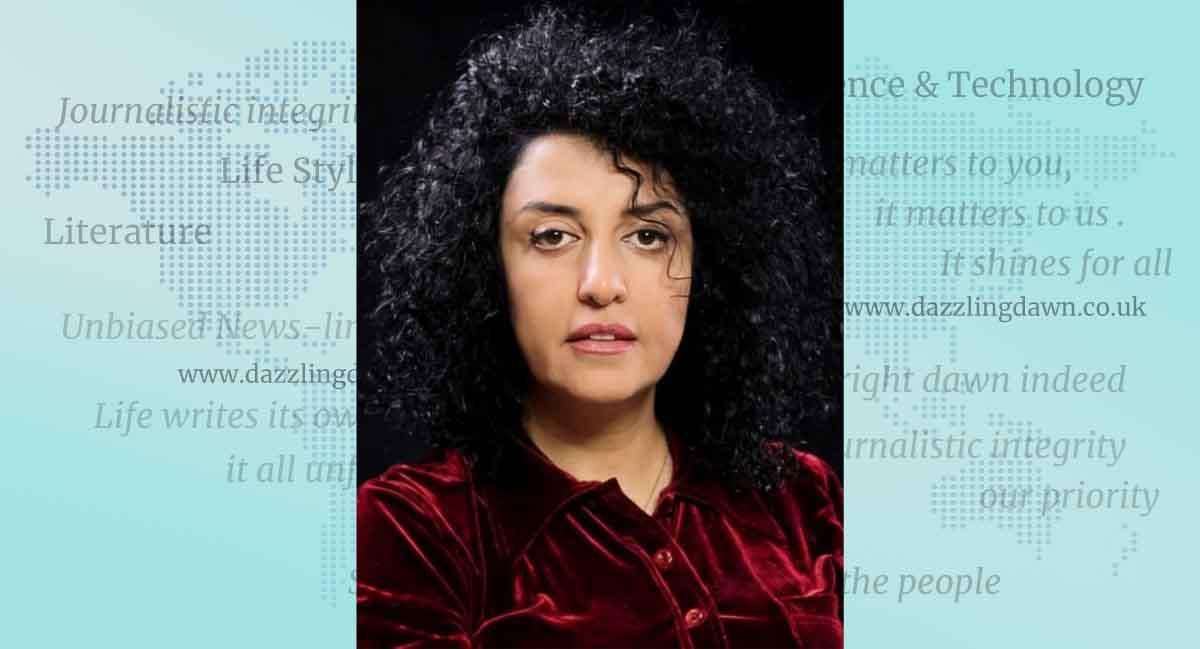
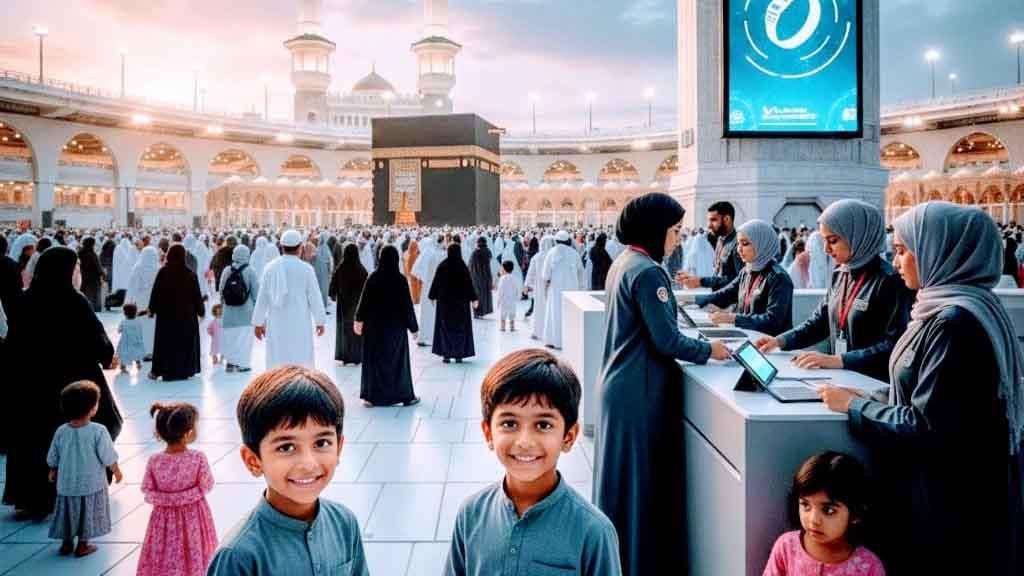



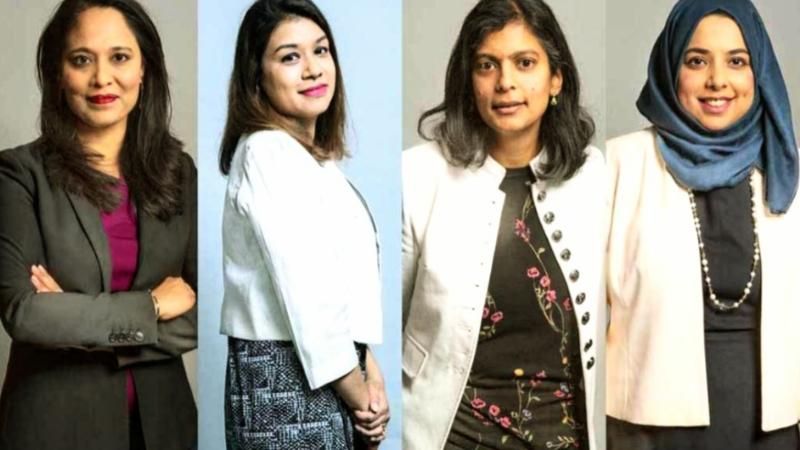
.svg)

